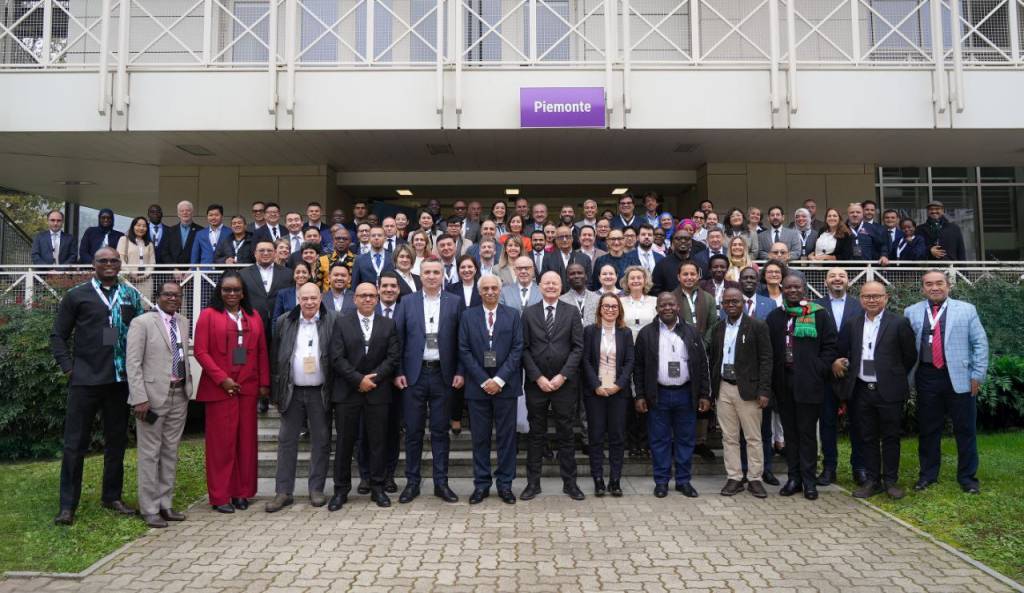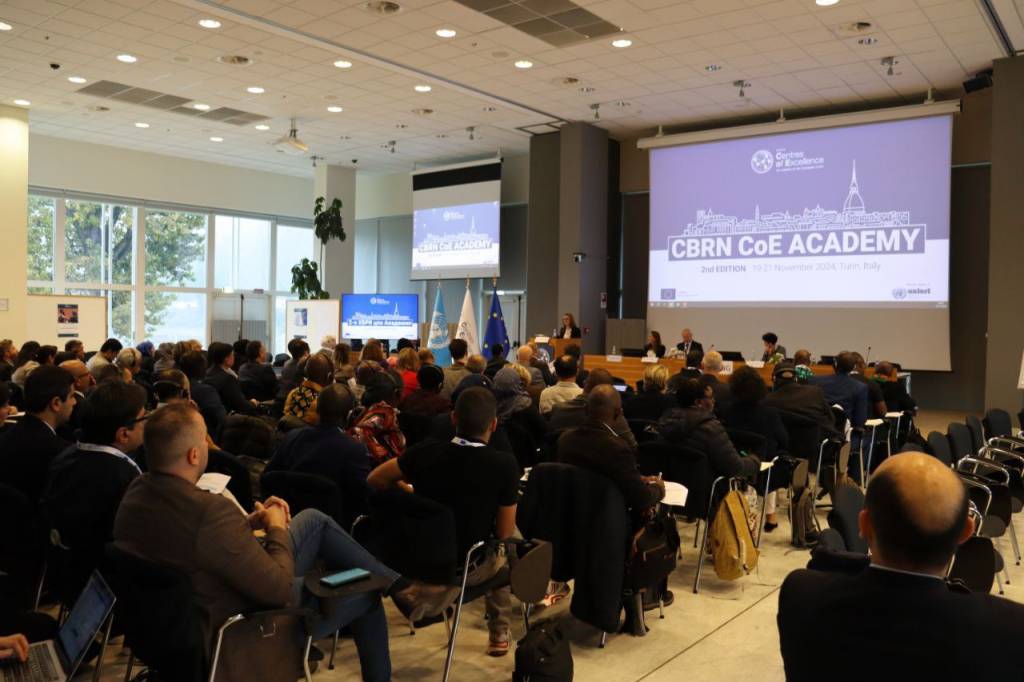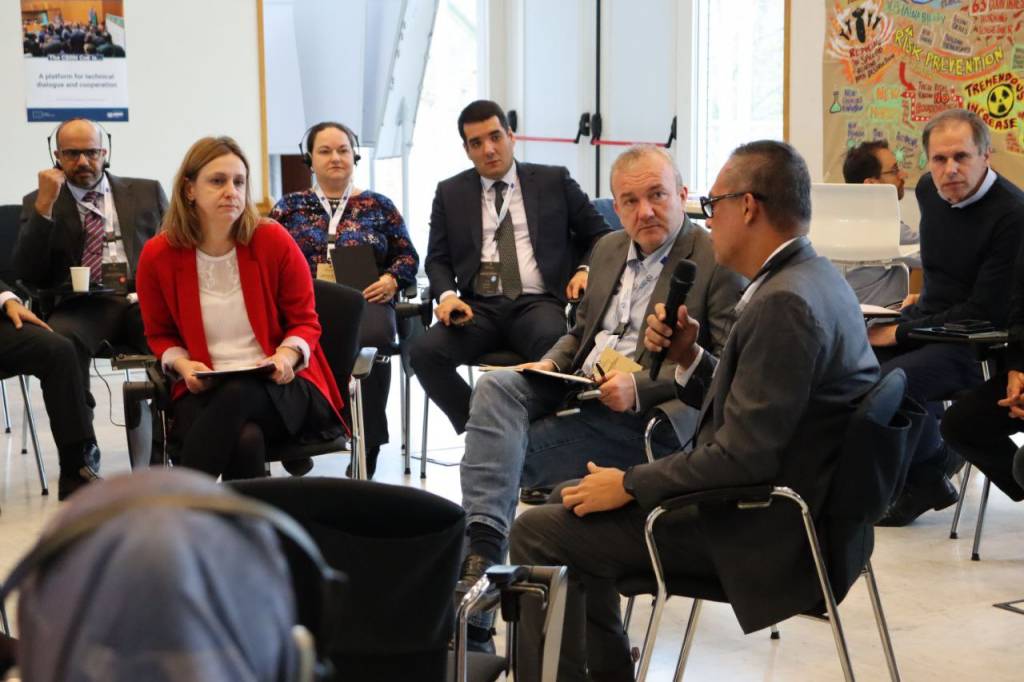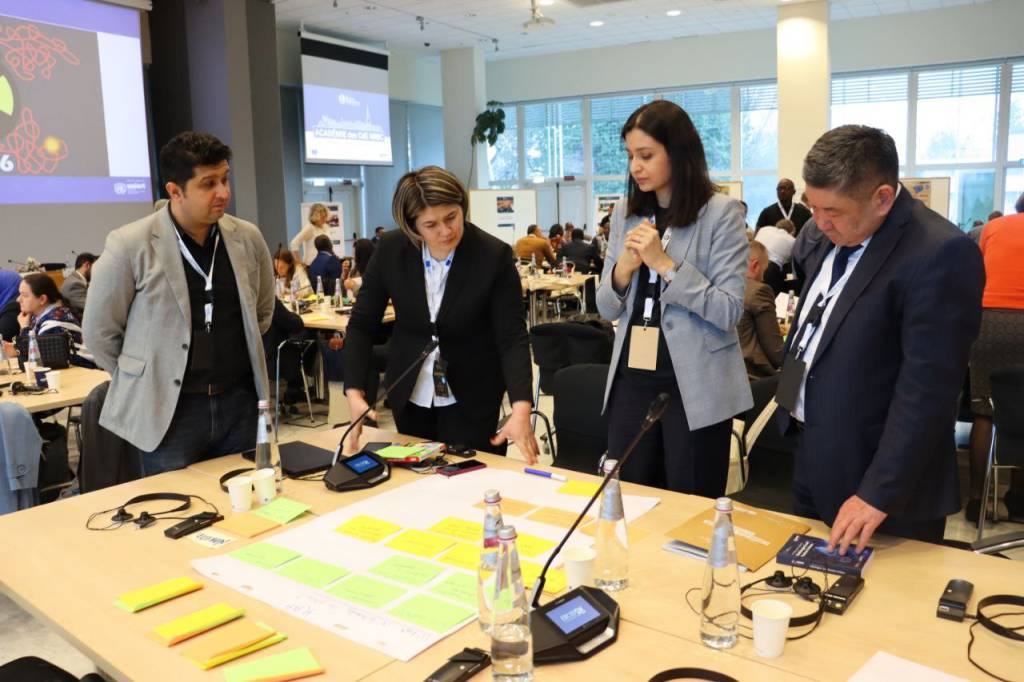
Today, protecting people’s independence, sovereignty, and peaceful life amidst global security challenges is a top priority. Addressing chemical, biological, radiological, and nuclear (CBRN) threats is particularly critical.
Chief Specialist of the Committee for Industrial, Radiation and Nuclear Safety, National Coordinator Otabek Kasymov shared the following insights about Uzbekistan’s activities in this direction:
– Uzbekistan has established practical international cooperation to mitigate chemical, biological, radiological, and nuclear risks. The Committee for Industrial, Radiation, and Nuclear Safety plays a vital role in these efforts.

In 2010, the European Union launched the CBRN Centers of Excellence Initiative, involving more than 60 countries across eight regions. Uzbekistan actively participates in this initiative and coordinates the activities of the Regional Secretariat for Central Asia through the Committee for Industrial, Radiation, and Nuclear Safety.
The Regional Secretariat, created under the EU initiative, operates based on a Memorandum of Understanding and holds the status of an international intergovernmental organization. Uzbekistan’s efforts in this field have been internationally recognized.
From November 18 to 22, 2024, a series of events dedicated to CBRN security takes place in Turin, Italy. The events are organized by the European Commission and the United Nations Interregional Crime and Justice Research Institute (UNICRI). Abduvaqqos Rafiqov, Chairman of the Committee for Industrial, Radiation and Nuclear Safety and Head of the Regional Secretariat, is also participating as the National Coordinator.

On November 18, a strategic meeting of national coordinators from Central Asia was held at the UNICRI. At the meeting, Abduvaqqos Rafiqov highlighted the initiative’s importance and the need to strengthen international cooperation.
From November 19 to 21, a regular academic meeting of National Coordinators and Regional Secretariat leaders took place. Participants enhanced their knowledge and skills while discussing practical proposals to reduce CBRN risks.

Tomorrow, on November 22, strategic coordination sessions will be held, during which national coordinators will discuss project funding and collaboration with international donors and organizations.
These events in Turin have laid the groundwork for strengthening prospective cooperation between Uzbekistan, the European Union, and the United Nations in ensuring CBRN security.
For reference, the decision to establish the Regional Secretariat in Tashkent was made in 2015 at a meeting on security issues between the European Union and Central Asian countries held in Dushanbe.
Nasiba Ziyodullayeva, UzA








